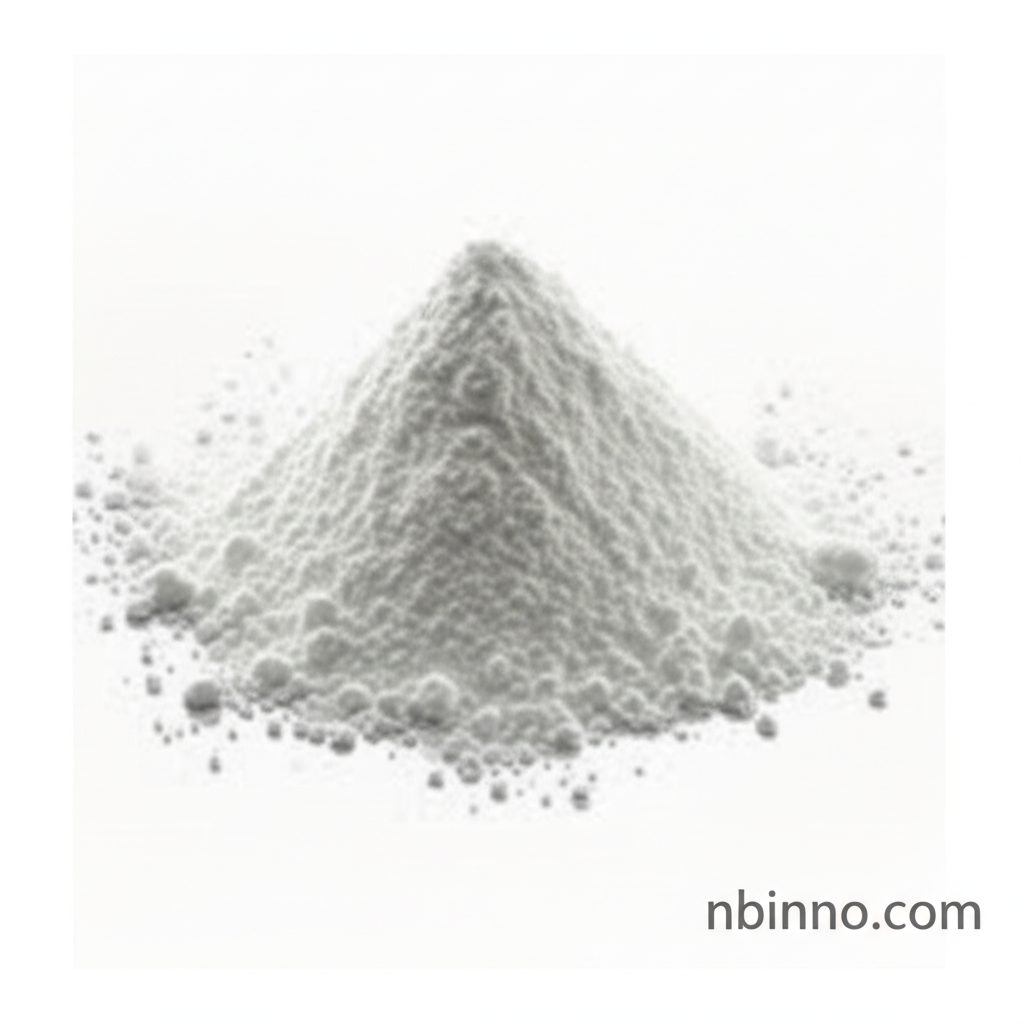Microcrystalline Cellulose: The Versatile Excipient
Discover the essential properties and wide-ranging benefits of Microcrystalline Cellulose (MCC) in pharmaceuticals, food, and cosmetics.
Get a Quote & SampleUnlocking the Potential of Microcrystalline Cellulose

Microcrystalline Cellulose
Microcrystalline cellulose (MCC) is a plant-derived powder widely utilized across industries for its exceptional properties as a binder, filler, and disintegrant. Its chemical inertness, excellent compressibility, and cost-effectiveness make it an indispensable component in pharmaceutical formulations, food production, and cosmetic applications.
- Explore the essential benefits of microcrystalline cellulose in tablets, enhancing their stability and consistency for optimal drug delivery.
- Understand the critical role of microcrystalline cellulose as a binder and disintegrant, facilitating efficient drug release and bioavailability.
- Learn about the diverse uses of microcrystalline cellulose in the food industry as a thickener, stabilizer, and texturizer.
- Delve into the microcrystalline cellulose manufacturing process, from raw material sourcing to final product purification.
Key Advantages of Microcrystalline Cellulose
Superior Compressibility
MCC offers outstanding compressibility, allowing for the creation of robust tablets with excellent mechanical strength, contributing to improved tablet formulation consistency.
Enhanced Flowability
The good flow properties of MCC are crucial for smooth manufacturing processes, ensuring consistent ingredient distribution and reducing issues like caking or sticking to machinery.
Chemical Inertness
Being chemically inert, MCC does not react with active pharmaceutical ingredients or other excipients, preserving the integrity and efficacy of the final product throughout its shelf life.
Key Applications
Pharmaceuticals
As a vital excipient, MCC serves as a binder, filler, and disintegrant in tablets and capsules, enhancing drug release and bioavailability.
Food Production
In the food industry, MCC functions as an anti-caking agent, texture modifier, stabilizer, and suspending agent in various processed food products.
Cosmetics
MCC is used in cosmetics as an abrasive, absorbent, anti-caking agent, emulsion stabilizer, binder, bulking agent, and texturizer in skincare, haircare, and makeup products.
Dietary Supplements
It is commonly used in vitamin supplements and tablets to provide bulk, enhance stability, and improve the overall performance of the supplement.
Related Technical Articles & Resources
No related articles found.
